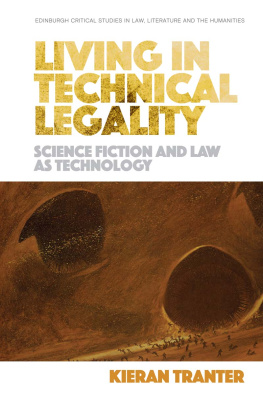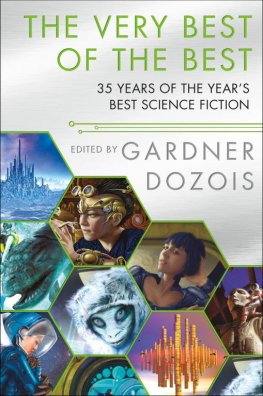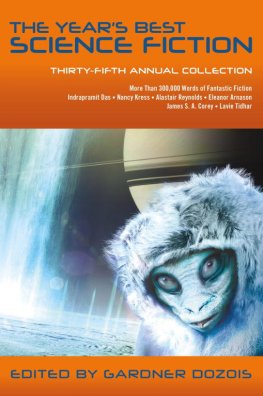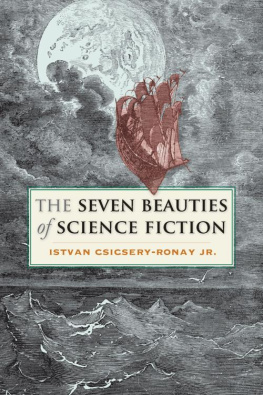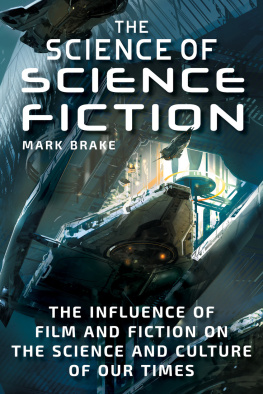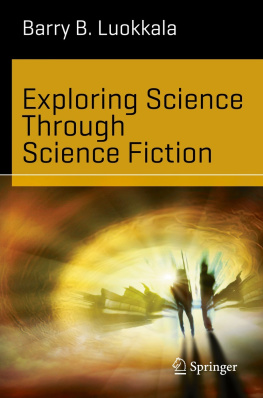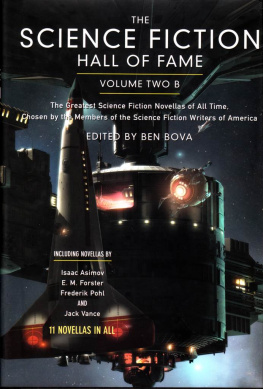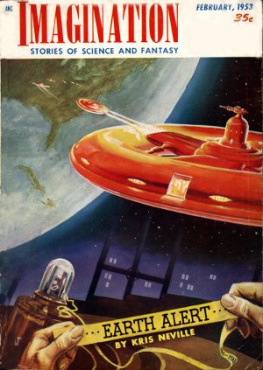
Living in Technical Legality
EDINBURGH CRITICAL STUDIES IN LAW, LITERATURE AND THE HUMANITIES
Series Editor: William MacNeil, Southern Cross University
Senior Deputy Editor: Shaun McVeigh, University of Melbourne
Deputy Editor: Daniel Hourigan, University of Southern Queensland
With a global reach, this innovative series critically reimagines the interdisciplinary relationship between legal and literary (or other aesthetic) texts through the most advanced conceptual frameworks and interpretive methods of contemporary theory available in the humanities and jurisprudence.
Editorial Board
Dr Maria Aristodemou (Birkbeck, University of London)
Associate Professor Fatou Kine Camara (Universit Cheikh Anka Diop de Dakar)
Professor Daniela Carpi (University of Verona)
Dr Susan Chaplin (Leeds Beckett University)
Professor Andrew Clarke (Victoria University)
Dr Stella Clarke (University of Melbourne)
Professor Penny Fielding (University of Edinburgh)
Mme Justice Hon Jeanne Gaakeer (Erasmus University Rotterdam)
Professor Peter Goodrich (Cardozo School of Law, Yeshiva University)
Professor Elizabeth Hanson (Queens University at Kingston)
Associate Professor Susan Sage Heinzelman (University of Texas at Austin)
Professor Bonnie Honig (Brown University)
Professor Rebecca Johnson (University of Victoria)
Dr Orit Kamir (Hebrew Union College)
Associate Professor Lissa Lincoln (American University Paris)
Professor Desmond Manderson (Australian National University)
Professor Panu Minkkenen (University of Helsinki)
Dr Anat Rosenberg (IDC Herzliya)
Professor Renata Salecl (Ljubljana/Birkbeck, University of London)
Professor Austin Sarat (Amherst College)
Dr Jan Melissa Schram (University of Cambridge)
Professor Karin Van Marle (University of Pretoria)
Dr Marco Wan (University of Hong Kong)
Professor Ian Ward (University of Newcastle)
Professor Alison Young (University of Melbourne)
Available or forthcoming titles
Schrebers Law: Jurisprudence and Judgment in Transition Peter Goodrich
Living in Technical Legality: Science Fiction and Law as Technology Kieran Tranter
edinburghuniversitypress.com/series/ecsllh
Living in Technical Legality
Science Fiction and Law as Technology
Kieran Tranter

For Sophia and Alexander
Edinburgh University Press is one of the leading university presses in the UK. We publish academic books and journals in our selected subject areas across the humanities and social sciences, combining cutting-edge scholarship with high editorial and production values to produce academic works of lasting importance. For more information visit our website: edinburghuniversitypress.com
Kieran Tranter, 2018
Edinburgh University Press Ltd
The Tun Holyrood Road
12 (2f) Jacksons Entry
Edinburgh EH8 8PJ
A CIP record for this book is available from the British Library
ISBN 978 1 4744 2091 4
The right of Kieran Tranter to be identified as author of this work has been asserted in accordance with the Copyright, Designs and Patents Act 1988 and the Copyright and Related Rights Regulations 2003 (SI No. 2498).
Contents
Figures
Preface
This book has had a complicated, cosmopolitan gestation. Its genesis was at the 2000 Critical Legal Studies Conference in Helsinki in Finland, where, as a young junior academic from a small Catholic law school in Fremantle, Western Australia, I presented some half-conceived ideas about 1950s American science fiction and international space law on a panel titled Law and Popular Culture alongside William P. MacNeil. A slightly better thought-out iteration of that paper was eventually published by Law and Critique, and the understanding that I had hit on a rich insight concerning the essential relations between law, technology, and science fiction were revelatory. My doctorate which until then was plodding along as a study of Australian responses to emergent technology over the twentieth century morphed, under the supervision of MacNeil, into an examination of the science fictionality of law and technology scholarship. It is from that work that this book has mutated.
Ultimately, this book is a celebration of monsters. It is a monster of a book and its final message is for the monsters that have inherited the West to live well to live as responsible for becoming in their technical existence. Monsters, too, have complicated origins. Intra-myth they often owe their existence to many progenitors, and as stories of profanity, horror, and hybridity they have relied on all those who have shared their stories around fires, in texts, and on screens for them to live in the world. Likewise, this book owes its monstrous being-in-the-world to many.
I wish to thank Lyndal Sleep, whose companionship, encouragement, love of speculative fiction, and own theoretical orientation have very much helped to make this book what it is. I also must mention our children, Sophia and Alexander Tranter-Sleep, who have grown into Doctor Who and Star Trek as this book has developed, and whose commentary and insights were very important for Chapter 5.
I also must thank William MacNeil, whose work, support, and encouragement have made this book. His pioneering work in law and popular culture is clearly the laboratory from which this book has escaped. However, it also would not have been possible without the long and dedicated support he has shown me as a colleague, a doctoral supervisor, and an editor. This is the moment to credit the institutional context of my creating. The idea of seriously pursuing the relationships between law, technology, and science fiction is novel and creative, and would not be possible in many law schools. I have been extremely fortunate to have been working at Griffith Law School during the formation and writing of this book, and to have had the opportunity to work with such creative, theoretically sophisticated, and serious scholars as Shaun McVeigh, Sandra Berns, Paula Baron, Rob McQueen, Allan Ardill, Charles Lawson, Edwin Bikundo, Jay Sanderson, Chris Butler, Roshan de Silva, Karen Crawley, Tim Peters, and Ed Mussawir, all of whom have had an impact on the ideas, tone, and orientation of the text that follows. I also need to thank my own PhD students, particularly Robbie Skyes, Samuli Haataja, Skye ODwyer, Jing-Yueh Hsu, and Mark Brady, whose energy, struggles, and triumphs directly and indirectly informed the book.
However, this book has benefited from the input of scholars beyond Griffith Law School. David Caudill (Villanova University in Pennsylvania, United States) and Sherryl Vint (University of California, Riverside in United States) deserve credit as the examiners of my doctoral thesis, whose comments critically informed the development of Chapters 3 and 4. Maria Aristodemou (Birkbeck University in London in the United Kingdom) and Vicky Saker Woeste (American Bar Association) deserve special mention as facilitators of my presentations at Helsinki and Baltimore respectively. Martha Merrill Umphrey (the University of Massachusetts Amherst in the United States) and Peter Goodrich (Benjamin N. Cardozo School of Law at Yeshiva University, New York City, the United States) both helped my thinking on Battlestar Galactica to develop. Finally, I would like to acknowledge Lyria Bennett Moses (the University of New South Wales in Australia), Art Cockfield (Queens Law, Queens University, Kingston, Ontario), Thom Giddens (St Marys University in London) and Mitch Travis (the University of Leeds in the United Kingdom), Cassandra Sharp (the University of Wollongong in Australia), Jason Bainbridge (the University of South Australia), Thalia Anthony (University of Technology Sydney in Australia), Georgine Clarsen (the University of Wollongong in Australia), and Kylie Doyle (Commonwealth Department of Public Prosecutions), whose collegiality around theorising law, technology, and speculative fiction has had a significant impact on arguments to follow.
Next page
